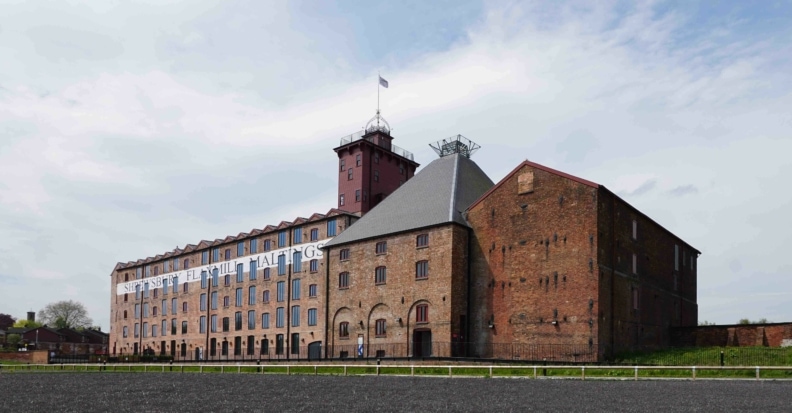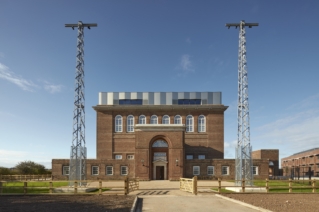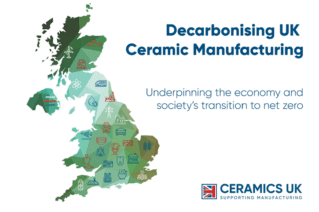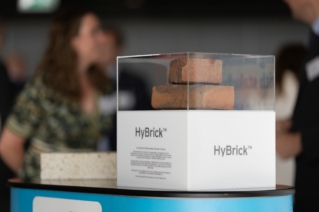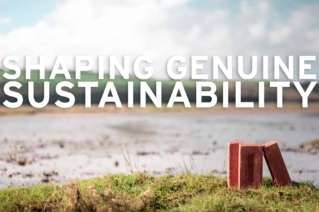This year’s Sustainability Award (sponsored by Michelmersh) at the BDA Brick Awards was won by the Shrewsbury Flaxmill Maltings project. The operation revitalised a 225-year-old Grade 1 listed structure that had languished in a state of neglect for three decades. Extensive restoration, retrofitting, and innovative interventions on behalf of Feilden Clegg Bradley Studios, with support from Northcot Brick and Croft Building and Conservation Limited were necessary to ensure its preservation.
A striking new entrance was created through a reconfiguration of the iconic “Malt Kiln” and now facilitates level access to upper floors. Embracing long-life loose-fit design principles, the project team meticulously repaired, reused, and retrofitted elements within the constraints of a fixed budget, underlining their dedication to sustainability and design excellence.
The mixed-use development incorporates a volunteer-led visitor interpretation and a vegan café on the ground floor, both garnering positive reviews. The upper floors, designed for creative SMEs, have already seen full occupancy in the first phase, with plans for a second phase in early 2024. Soft landings and ongoing evaluation studies are providing valuable feedback to optimise comfort and energy efficiency.
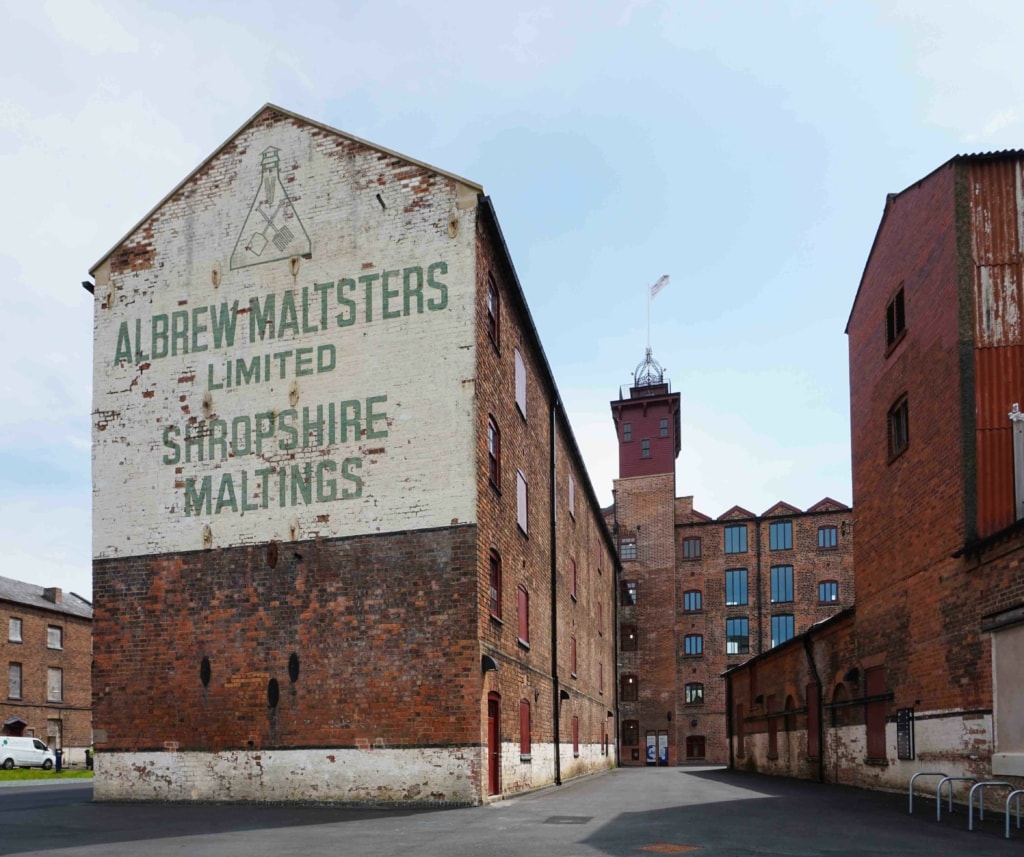
Key features of the restoration include:
A cutting-edge structural strengthening design, reinforcing the delicate cast iron frame with additional load capacity and alternative load paths.
Meticulous brick matching by Northcot to replicate the original oversized bricks, with specials crafted for window reveals to minimise on-site waste.
Strategic reuse of lime mortar for flexibility, breathability, aesthetic appeal, reduced carbon footprint, and ease of construction.
Extensive repair of timber roof elements, retaining original oak rafters and repairing cast-iron gutters by local specialists.
The selection of new materials followed rigorous research and adherence to the Green Guide to specification, showcasing a commitment to sustainability. This included the use of sustainably sourced UK Thermal Timber, wood fibre, and lime plaster for insulation, hot lime mortar for re-pointing walls, and Welsh slate for roofing.
Surplus materials were responsibly managed, with items sent to local upcycling companies. Even existing slates that couldn’t be reused found a purpose as tablets for school groups during educational visits.
To assess environmental impact Feilden Clegg Bradley Studios, developed the ‘FCBS Carbon’ tool. The carbon calculation results indicated:
New build elements emitted 113 kgCO2e/m2, or 472.5 tCO2e
Retained elements kept 886.4 tCO2e “in use”
Ratio of retained to new was 65% to 35%
LETI “A+” rating for embodied carbon
Operational energy:
Predicted annual energy use: 136 kWh/m2.year
New glazing saves 65,300 kWh/year, insulated roofs 92,700 kWh/year and walls 17,600 kWh/year
Total saving of 175,500 kWh/year or the equivalent of 17.5 houses annual energy use
Estimated 30 years carbon savings based on thermal upgrades and GSHP: 925 tCO2e
A Renewables Options Appraisal recommended a 114kw ground source heat pump delivering 45 kWh/m2/yr low carbon space heating, 69% of the total heating load. Consents were obtained for a future phase of photovoltaics on the south-facing saw tooth roof.[1]

Beyond environmental considerations, the project underwent a comprehensive sustainability assessment using the One Planet Living matrix, with ongoing research into social value impact in collaboration with Historic England. The development achieved an EPC B rating of 47 and received accolades such as the Georgian Group ‘Diaphoros’ Award 2022, with a shortlisting for the AJ Client of the Year Award 2023.
[1] https://www.brick.org.uk/brick-awards/2023-winners/refurbishment-2-2/shrewsbury-flaxmill-maltings-2



